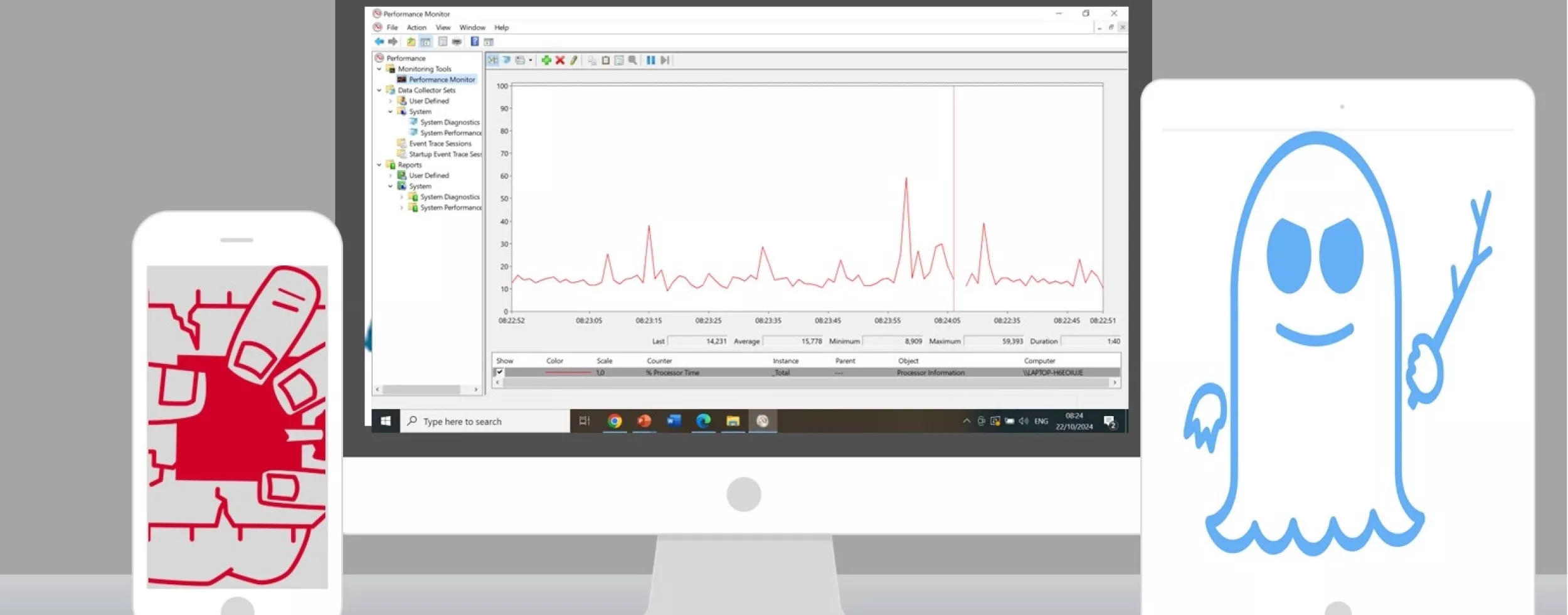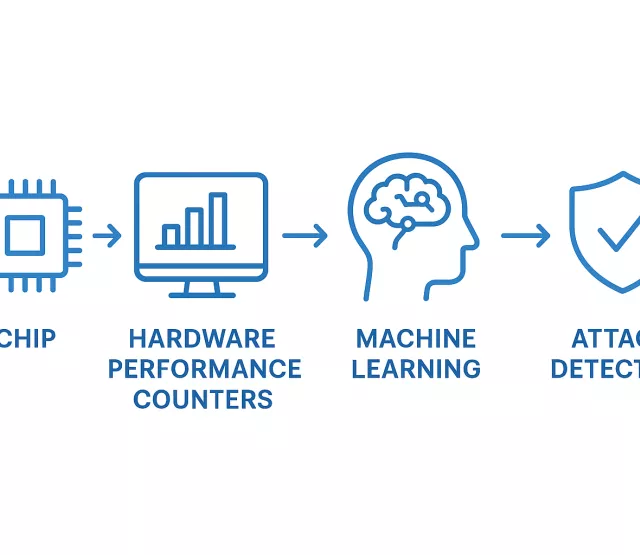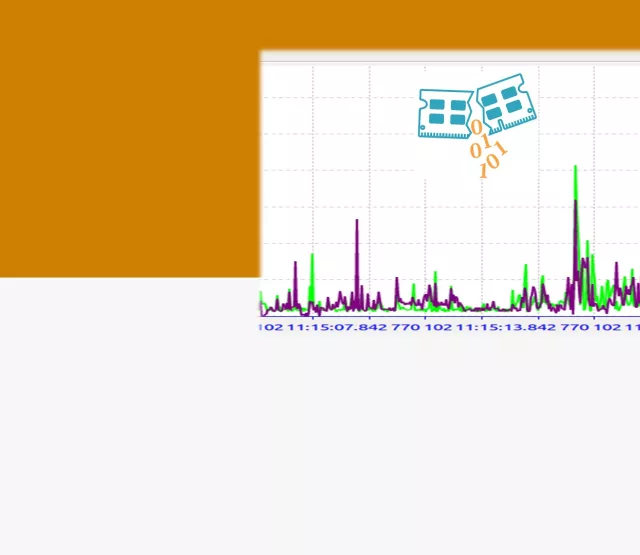
Attack Detection using Micro-architectural Traces and Machine Learning
Förderjahr 2024 / Stipendium Call #19 / Stipendien ID: 7276
In today’s interconnected digital world, ensuring the security of complex computer systems is critical. Vulnerabilities in these systems pose significant threats, leading to financial losses and compromising sensitive information. Addressing these sophisticated cyber threats is essential to creating a safer and more secure digital environment.
My research focuses on developing an automated framework to detect side-channel attacks by leveraging hardware performance counters (HPCs) and machine learning techniques. This framework monitors micro-architectural traces to identify anomalies that indicate security breaches. By analyzing HPC data, the system aims to detect attacks such as Spectre, Rowhammer, and Zombieload, ensuring resilience against these evolving threats.
A key objective of my work is to identify vulnerabilities in existing systems and mitigate risks through reliable detection mechanisms. By comprehensively evaluating detection models, I aim to select the most effective machine learning algorithms and the best-suited hardware performance counters for accurate and efficient attack detection.
To achieve these goals, I plan to define attack detection criteria, implement detection models in Python, and evaluate their performance using real-world workloads. This research contributes to the development of robust systems that protect sensitive data, prevent financial losses, and uphold trust in technology, ultimately strengthening cybersecurity in an increasingly connected world.
Uni | FH [Universität]
Themengebiet
Zielgruppe
Gesamtklassifikation
Technologie
verwendete Open Source SW
Lizenz

Projektergebnisse
Interim Report








